Germany’s marked reluctance to supply Leopard 2 tanks to help Ukraine repel the brutal Russian invasion has very little to do with the feeble evasions and excuses offered by Berlin, and everything to do with the long shadows cast by German history.
January 30 sees the 90th anniversary of Adolf Hitler becoming Germany’s Chancellor, yet the 12 brief years of Nazi rule inflicted such deep wounds on the country and the wider world that they have dictated German policy ever since.
Whole generations have grown up in Germany since 1945 who despise and distrust armies and the concept of military force
Another imminent anniversary – next Friday’s International Holocaust Day – commemorates the ultimate crime of Hitler’s regime, a crime that was facilitated by Germany’s invasion and conquest of European countries. This is exactly the same illegal act now being attempted by Vladimir Putin’s armies in Ukraine.
So it is extraordinary that the current German government does not see the exact parallel between Putin’s aggression and Hitler’s attempt to subjugate the continent, which triggered the second world war – and act accordingly in conjunction with its allies to release the Leopard tanks.
Instead, the coalition led by Olaf Scholz is dragging its feet and offering up a series of transparently flimsy reasons why even the tanks it has already sold to states like Poland under export licence cannot be offered to Ukraine to defend the freedom and independence of a sovereign European nation.
Forgetting the supine policy of craven submission to Russia and its dependence on Putin’s energy pursued by his predecessor Angela Merkel, Scholz is said to fear that the tanks will provoke Putin into ramping up his attacks in response – possibly even launching a nuclear response.
The sad truth is that the crimes of the Third Reich were so horrendous that they have long inoculated Germany against any form of military action. Even the possibility of taking part in UN peacekeeping missions in trouble spots like Lebanon and divided Cyprus caused agonised debate in a Germany still guilt-stricken by its own dark history.
As a result, the country that once terrified Europe with its nationalism and military prowess and launched two world wars has become the paralysed pacifist giant among western nations. Its power was so neglected that under former defence minister Ursula von der Leyen – now the unelected President of the European Commission – its aircraft could not fly, its U-boats could not sail, and its troops went on an exercise toting broomsticks rather than rifles.
Whole generations have grown up in Germany since 1945 who despise and distrust armies and the concept of military force. They spent years labouring under the cosy illusion that war was an outmoded way of projecting power, impossible to imagine in modern Europe, and that the country could hold itself aloof from playing a full part in preserving peace alongside her Nato allies.
Putin shattered that illusion a year ago with his savage attack on Ukraine and Germany has been lamely playing catch up with this uncomfortable reality ever since. The best way for Berlin to shed the shadows of its past is to stand full square behind a country desperately fighting to save itself from invasion and – without further equivocation or delay – give it the military means to do so.
Got something to add? Join the discussion and comment below.
Get 10 issues for just $10
Subscribe to The Spectator Australia today for the next 10 magazine issues, plus full online access, for just $10.

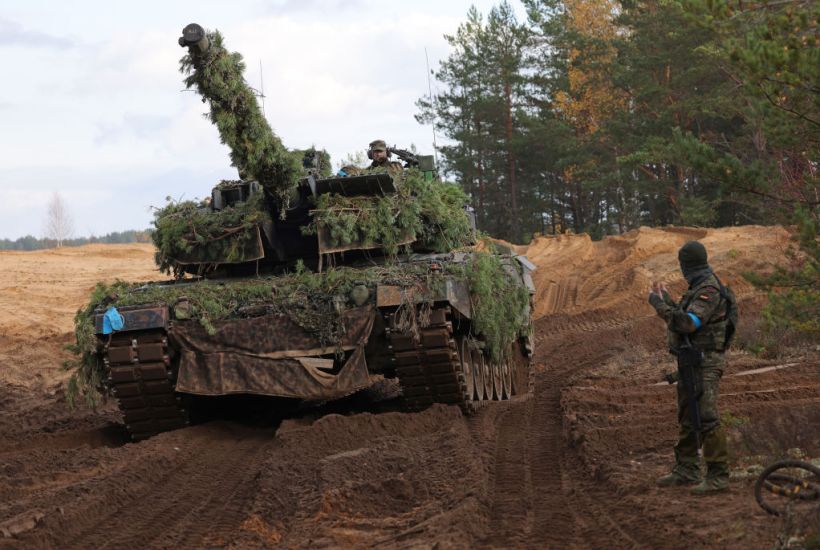
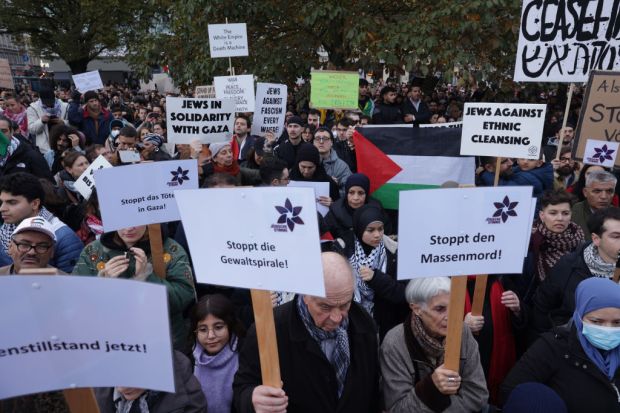

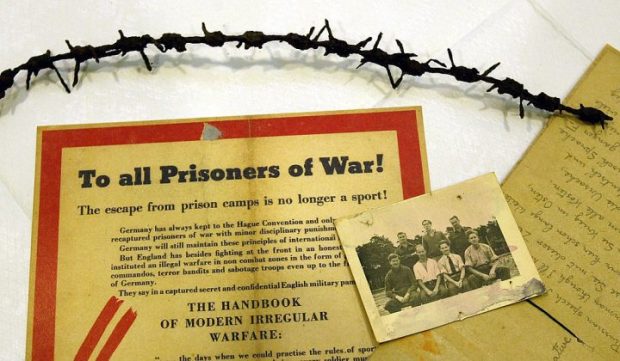
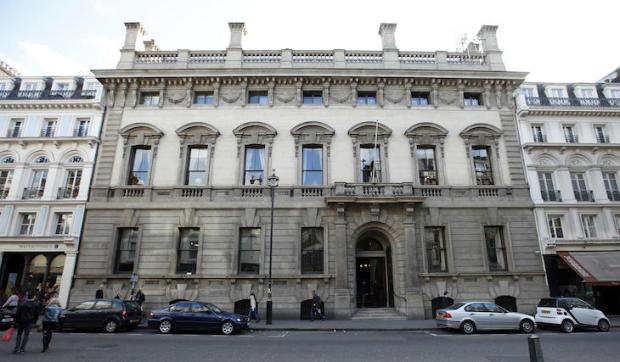
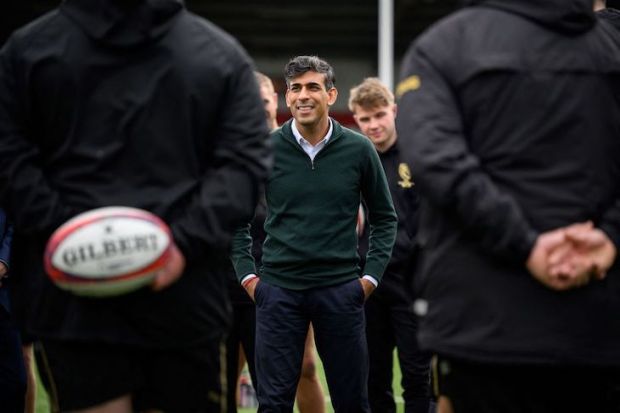
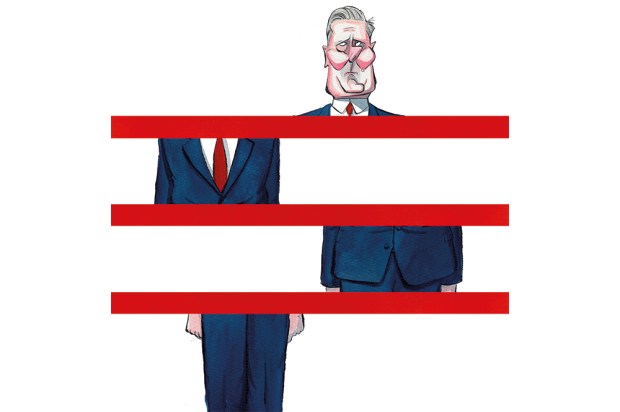












Comments
Don't miss out
Join the conversation with other Spectator Australia readers. Subscribe to leave a comment.
SUBSCRIBEAlready a subscriber? Log in